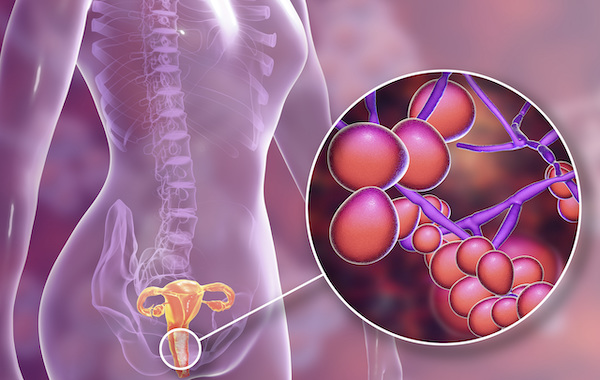
Yeast Infection and Pregnancy: A Comprehensive Guide
Introduction
Yeast infections are a common occurrence during pregnancy, affecting up to 30% of expectant mothers. While they are typically not serious, they can cause discomfort and irritation, making it important to understand their causes, symptoms, and treatment options.
What Causes Yeast Infections in Pregnancy?
Yeast infections are caused by an overgrowth of the Candida fungus, which is normally present in small amounts in the vagina. During pregnancy, hormonal changes and an increase in vaginal discharge can create a favorable environment for Candida to flourish.
Other factors that can contribute to yeast infections in pregnancy include:
- Increased blood sugar levels: Pregnancy can lead to higher blood sugar levels, which can feed Candida.
- Weakened immune system: The immune system is naturally suppressed during pregnancy to prevent rejection of the fetus. This can make it easier for Candida to take hold.
- Antibiotic use: Antibiotics can kill off beneficial bacteria in the vagina, allowing Candida to overgrow.
- Tight clothing: Wearing tight clothing or underwear can trap moisture and create a warm, moist environment that favors Candida growth.
- Poor hygiene: Not changing underwear frequently or using harsh soaps can disrupt the vaginal pH balance and promote yeast infections.
Symptoms of Yeast Infections in Pregnancy
Yeast infections can cause a range of symptoms, including:
- Itching and irritation: This is the most common symptom, affecting the vulva and surrounding areas.
- Burning sensation: Urination or sexual intercourse can cause a burning sensation.
- Thick, white or yellow discharge: The discharge may have a cottage cheese-like appearance.
- Pain or discomfort: Yeast infections can cause pain during sex or while sitting.
- Redness and swelling: The vulva may become red and swollen.
Diagnosis and Treatment
If you suspect you have a yeast infection, it is important to see your healthcare provider for a diagnosis. They will perform a physical exam and may take a sample of vaginal discharge for testing.
Treatment for yeast infections in pregnancy typically involves antifungal medications, which can be applied topically or taken orally. Common medications include:
- Topical creams: Monistat, Gyne-Lotrimin
- Vaginal suppositories: Monistat, Gyne-Lotrimin
- Oral medications: Fluconazole, Diflucan
Home Remedies
In addition to medical treatment, there are some home remedies that may help alleviate symptoms of yeast infections:
- Yogurt: Yogurt contains probiotics, which are beneficial bacteria that can help restore the vaginal pH balance.
- Apple cider vinegar: Apple cider vinegar has antifungal properties and can be used as a vaginal rinse.
- Tea tree oil: Tea tree oil has antifungal and antibacterial properties and can be added to a sitz bath.
Prevention
While not all yeast infections can be prevented, there are some steps you can take to reduce your risk:
- Wear loose, cotton underwear: Cotton allows air to circulate and helps keep the vaginal area dry.
- Change underwear frequently: Change underwear at least once a day, especially after exercising or sweating.
- Avoid tight clothing: Tight clothing can trap moisture and create a favorable environment for Candida growth.
- Practice good hygiene: Wash the vulva with warm water and mild soap daily. Avoid using harsh soaps or douching.
- Manage blood sugar levels: If you have diabetes, it is important to manage your blood sugar levels to reduce the risk of yeast infections.
- Limit antibiotic use: Antibiotics should only be used when necessary. If you are taking antibiotics, talk to your doctor about taking probiotics to help restore the vaginal pH balance.
Complications
In most cases, yeast infections during pregnancy are not serious. However, if left untreated, they can lead to complications such as:
- Premature birth: Yeast infections can increase the risk of premature birth in women with certain risk factors.
- Low birth weight: Yeast infections can lead to low birth weight in babies born to mothers with severe infections.
- Spread of infection: In rare cases, yeast infections can spread to other parts of the body, such as the bloodstream or internal organs.
Conclusion
Yeast infections are a common occurrence during pregnancy, but they can be managed effectively with proper diagnosis and treatment. By understanding the causes, symptoms, and prevention strategies, you can reduce your risk of developing a yeast infection and ensure a healthy pregnancy. If you experience any symptoms of a yeast infection, it is important to see your healthcare provider promptly to prevent complications.